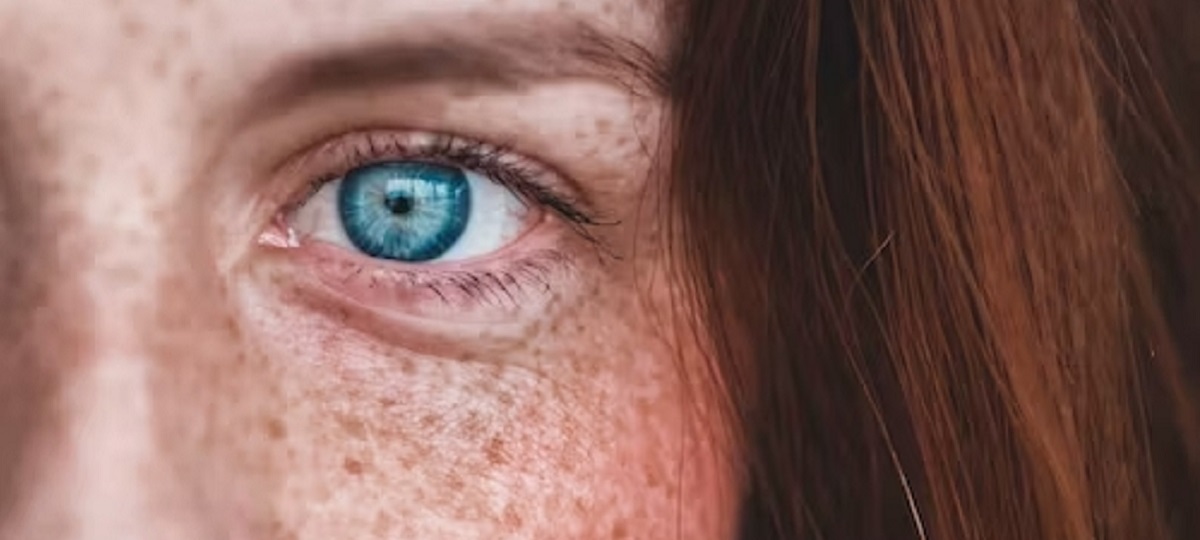In the ever-evolving realm of eye health, one condition that often goes under the radar but can be immensely uncomfortable is shingles in the eye. This viral infection, caused by the varicella-zoster virus (the same virus responsible for chickenpox), can lead to a host of distressing symptoms and potential complications if left untreated.
Understanding Shingles in the Eye
What Causes Shingles in the Eye?
Shingles in the eye, medically known as herpes zoster ophthalmic, occurs when the dormant varicella-zoster virus residing in your nerve cells reactivates. This reactivation can be triggered by various factors, such as a weakened immune system, stress, or aging. Once reactivated, the virus travels along the affected nerve pathways and reaches the eye, causing shingles.
Recognizing the Symptoms
Shingles in the eye presents with a range of symptoms, which can vary in severity. It’s crucial to be aware of these signs as early diagnosis and treatment are key to preventing complications. Here are the common symptoms:
1. Eye Pain and Redness
Intense eye pain accompanied by redness is often the first sign of shingles in the eye. The pain can be excruciating and is typically concentrated around one eye.
2. Rash and Blisters
A rash may develop on the forehead and around the eye, followed by the formation of small, fluid-filled blisters. These blisters can be extremely uncomfortable and may cause itching.
3. Sensitivity to Light
Photophobia, or extreme sensitivity to light, is a hallmark symptom of eye shingles. Exposure to even dim lighting can cause severe discomfort.
4. Blurry Vision
As the infection progresses, you may notice a gradual loss of vision or blurred vision in the affected eye. Prompt treatment is essential to prevent permanent vision impairment.
5. Headache and Fever
Some individuals with shingles in the eye may experience headache and fever, which are signs of the body’s response to the infection.
Diagnosis and Treatment
Seeking Medical Attention
If you suspect you have shingles in the eye, it’s imperative to seek immediate medical attention. An ophthalmologist, a doctor specializing in eye care, will perform a thorough examination to confirm the diagnosis.
Antiviral Medications
To combat the viral infection, antiviral medications such as acyclovir, valacyclovir, or famciclovir are prescribed. These medications can help shorten the duration of the outbreak and alleviate symptoms.
Pain Management
The excruciating pain associated with shingles in the eye can be managed with pain relievers like ibuprofen or acetaminophen. Your doctor will recommend the most suitable option based on your medical history.
Eye Drops
For relief from eye discomfort and to prevent complications, lubricating eye drops or ointments may be prescribed. These can ease dryness and irritation.
Corticosteroids
In some cases, corticosteroid eye drops are used to reduce inflammation in the eye. However, a healthcare practitioner should regularly oversee their use.
Preventing Shingles in the Eye
Vaccination
The most effective way to prevent shingles, including shingles in the eye, is by getting vaccinated with the shingles vaccine, Shingrix. This vaccine is recommended for adults over the age of 50 and has proven to be highly effective in reducing the risk of shingles.
Stress Management
Stress can weaken the immune system, making you more susceptible to shingles. Engaging in stress-reduction techniques such as meditation, yoga, or regular exercise can bolster your immune system.
Healthy Lifestyle
Maintaining a healthy lifestyle with a balanced diet, regular exercise, and adequate sleep can contribute to overall well-being and immune system strength.
Conclusion
Shingles in the eye is a challenging condition that demands prompt attention and care. Understanding the causes, recognizing the symptoms, and seeking timely medical treatment are pivotal in preventing complications and preserving your vision. Additionally, vaccination and a healthy lifestyle play crucial roles in reducing the risk of shingles. Remember, your eye health is invaluable, and by staying informed, you can protect your eyes from the discomfort of shingles.
